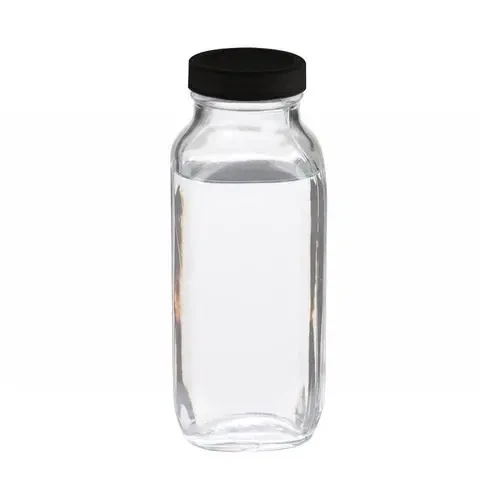Understanding Plastic Modifiers Enhancing Polymer Performance
Plastics have become an integral part of our daily lives, serving diverse applications from packaging to construction. However, pure plastics often do not meet the specific performance requirements needed for various applications. This is where plastic modifiers play a crucial role in enhancing the properties of polymers, making them more versatile and effective in their intended uses.
Plastic modifiers are substances added to polymer formulations to improve specific characteristics of the plastic. These modifiers can enhance properties like flexibility, durability, impact resistance, temperature stability, and UV resistance. The choice of modifier depends largely on the intended application of the plastic material, as different industries have varying demands.
One of the primary types of plastic modifiers is plasticizers. Plasticizers are typically added to rigid plastics to improve their flexibility and processability. For instance, in polyvinyl chloride (PVC) applications, plasticizers allow the material to be more easily molded and shaped, thereby broadening the range of products that can be manufactured. Without these modifiers, PVC would be too stiff and brittle for most applications, limiting its utility in products such as flooring, medical devices, and various automotive components.
Impact modifiers represent another class of plastic modifiers, which are used to increase the impact strength of brittle plastics. These modifiers are particularly important in applications where high resistance to mechanical stress is essential. For example, in the automotive industry – where materials must withstand harsh conditions and potential impacts – the use of impact modifiers in materials like acrylonitrile-butadiene-styrene (ABS) enhances their durability.
plastic modifier

Furthermore, there are also flame retardant additives that improve the fire resistance of plastics. As safety standards become more stringent, industries are increasingly required to use materials that do not propagate flames. These flame retardants can be added to a variety of plastics, such as polystyrene and polycarbonate, ensuring compliance with safety regulations, especially in electronics, construction, and automotive sectors.
Pigments and dyes can also act as plastic modifiers by not only providing color but also offering UV stability and protection against atmospheric degradation. Many outdoor applications, such as garden furniture, require plastics to maintain their color and integrity after prolonged exposure to sunlight. Without the right additives, these products would fade and degrade quickly, resulting in increased costs and waste.
Moreover, the trend towards sustainable solutions has also influenced the development of bio-based plastic modifiers. As plastic pollution becomes a critical environmental issue, researchers and manufacturers are exploring plant-derived additives that can replace traditional, petroleum-based modifiers. These bio-based alternatives not only provide comparable or even superior properties but also help to reduce the carbon footprint of plastic production.
The advancement in nanotechnology has opened up new possibilities for plastic modifiers as well. Nanomaterials can significantly enhance plastic performance by improving barrier properties, thermal stability, and mechanical strength. The incorporation of nanoclays and other nanoparticles into polymers is a growing trend, leading to lighter and more efficient material options.
In conclusion, plastic modifiers are essential components in the polymer industry, allowing manufacturers to tailor plastics for specific functionalities, enhancing their performance and longevity. From improving flexibility and impact resistance to ensuring compliance with safety standards and promoting sustainability, these additives are fundamental in advancing the capabilities of plastic materials. As technology evolves, the development of new plastic modifiers will continue to play a critical role in meeting the changing demands of various industries, ultimately contributing to more innovative, efficient, and environmentally friendly plastic products.

